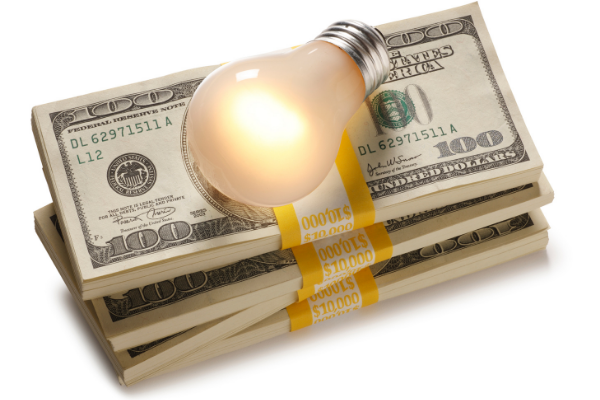The Top Tips for Saving Money On Energy Bills
 There are many homeowners who are looking for ways to reduce their monthly expenses. One way to do that is to target energy bills and expenditures. Homeowners might be able to make a few changes and upgrades to their homes, which could reduce utility bills and improve energy efficiency. What are a few ways to do exactly that?
There are many homeowners who are looking for ways to reduce their monthly expenses. One way to do that is to target energy bills and expenditures. Homeowners might be able to make a few changes and upgrades to their homes, which could reduce utility bills and improve energy efficiency. What are a few ways to do exactly that?
Consider Making The Switch To LED Lights
One of the first changes homeowners might want to make is to switch to LED lights. LED lights are newer lights that can last many times longer than traditional lightbulbs. It is not unusual for homeowners to save $75 per year on energy costs by switching older incandescent lightbulbs to LED bulbs. Talk to a local contractor or professional about some of the top LED bulbs available today.
Seal Leaks Around Doors And Windows Throughout The Home
Heating and cooling expenses are some of the biggest energy expenditures that people have. By sealing a few leaks throughout the home, it is possible to save up to 20 percent on heating and cooling costs. There are small leaks that could be present around the doors and windows. By sealing these leaks using caulk, homeowners can trap heat and air conditioning in the home, removing stress from the HVAC unit. Homeowners should also consider sealing leaks around lighting and chimneys.
Invest In A Smart Thermostat
It is also possible for homeowners to save money by investing in a smart thermostat. Homeowners should consider using this thermostat to reduce the amount of work performed by the HVAC unit when people are at work or asleep. That way, the heating and cooling system doesn’t work as hard when people aren’t home (or are asleep).
Perform Routine Maintenance On Time
Finally, homeowners need to make sure they perform routine maintenance on their HVAC systems on time to reduce energy expenses. For example, the filters might get clogged, forcing the HVAC system to work harder to heat and cool parts of the home. By investing in maintenance, the HVAC system will operate at peak efficiency, which will reduce energy bills. This will also extend the life of the HVAC system efficiency, which might allow homeowners to put off replacing it.

 Last week’s economic reporting included readings on construction spending, consumer sentiment, labor sector reports on public and private sector jobs, and national unemployment. Weekly readings for mortgage rates and jobless claims were also released.
Last week’s economic reporting included readings on construction spending, consumer sentiment, labor sector reports on public and private sector jobs, and national unemployment. Weekly readings for mortgage rates and jobless claims were also released. Most people tend to think of a mortgage loan as a necessary evil, an expense that has to be managed. But under the right circumstances, your mortgage can become a smart investment – something that makes you money instead of costing you money. With a little bit of ingenuity and a lot of hard work, you can turn your mortgage into a money-making investment that will pay dividends for years to come.
Most people tend to think of a mortgage loan as a necessary evil, an expense that has to be managed. But under the right circumstances, your mortgage can become a smart investment – something that makes you money instead of costing you money. With a little bit of ingenuity and a lot of hard work, you can turn your mortgage into a money-making investment that will pay dividends for years to come.